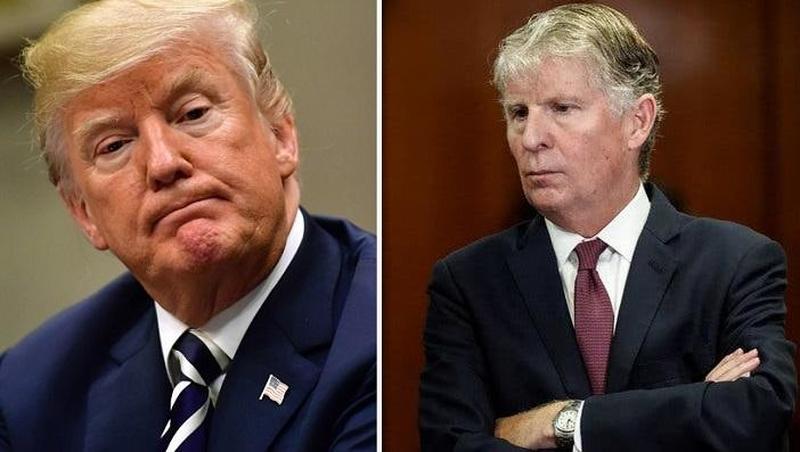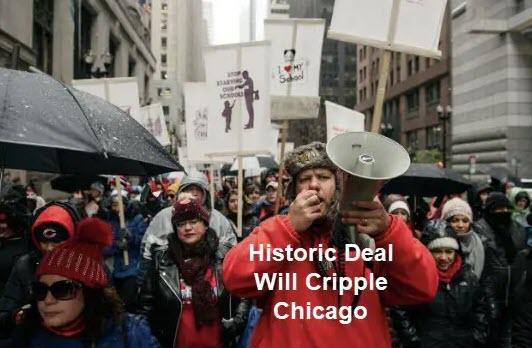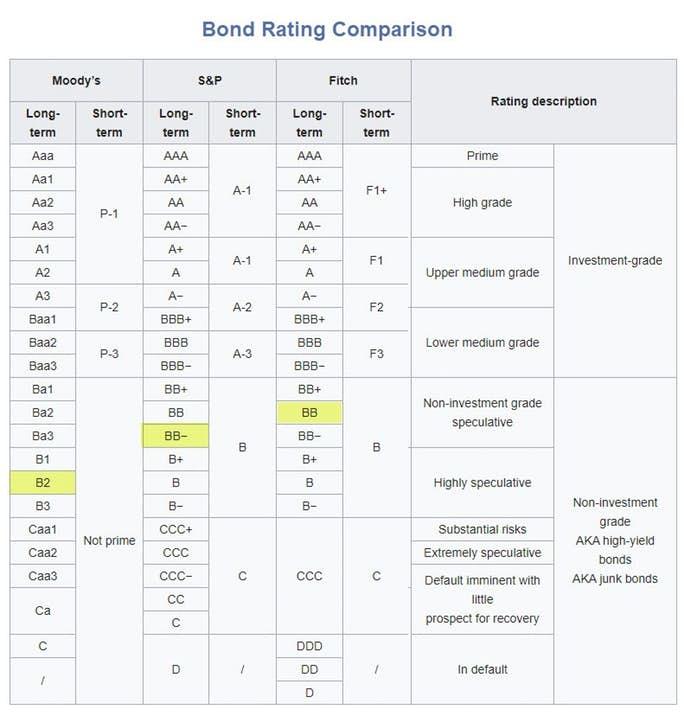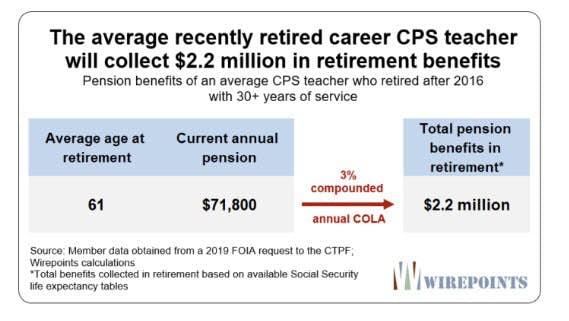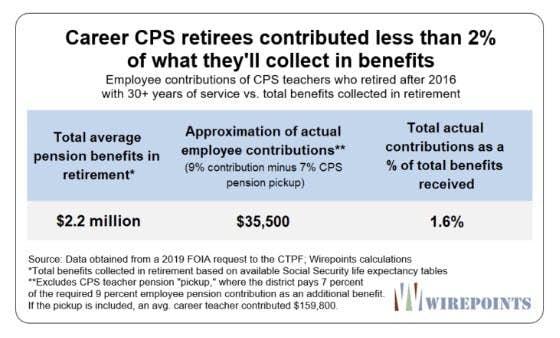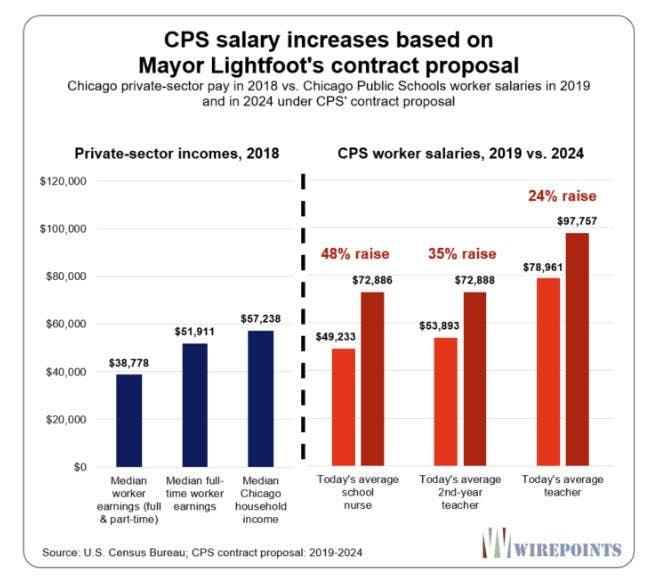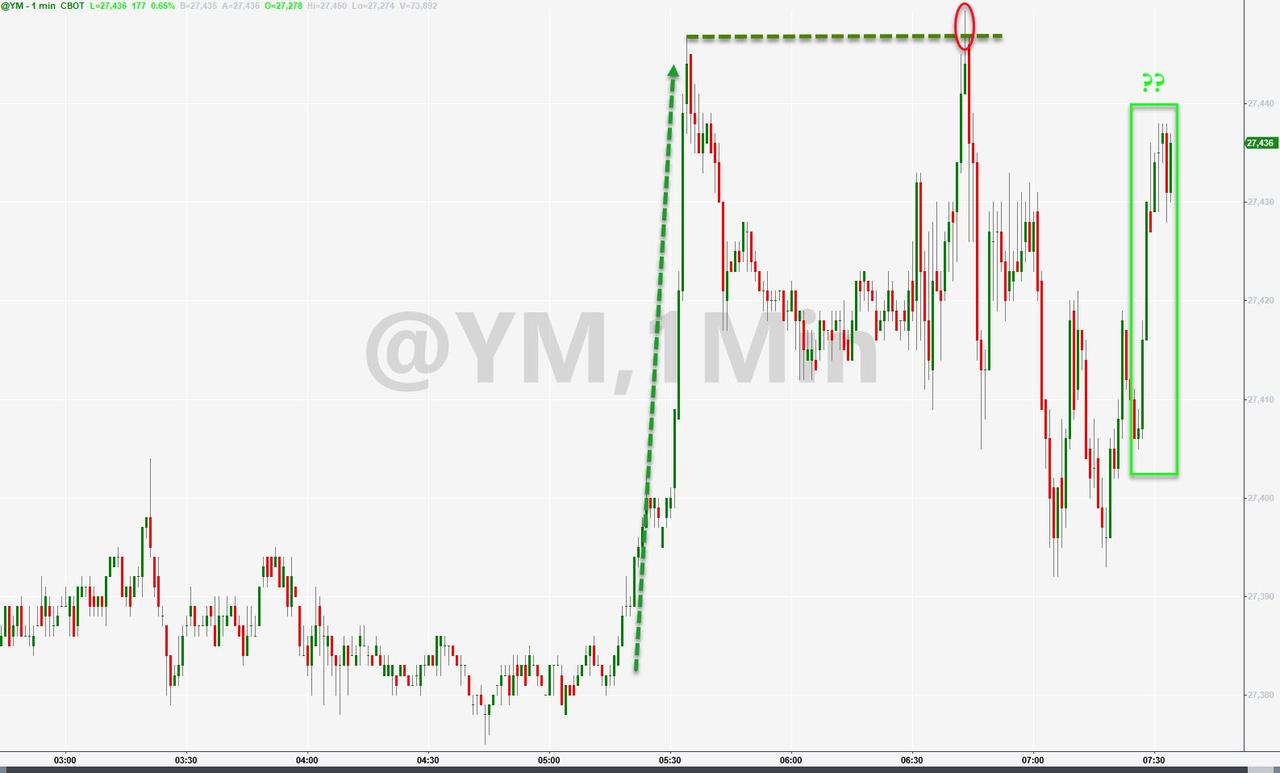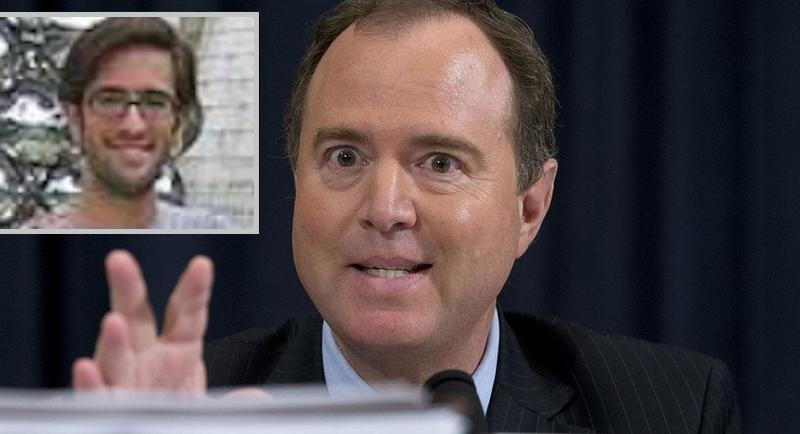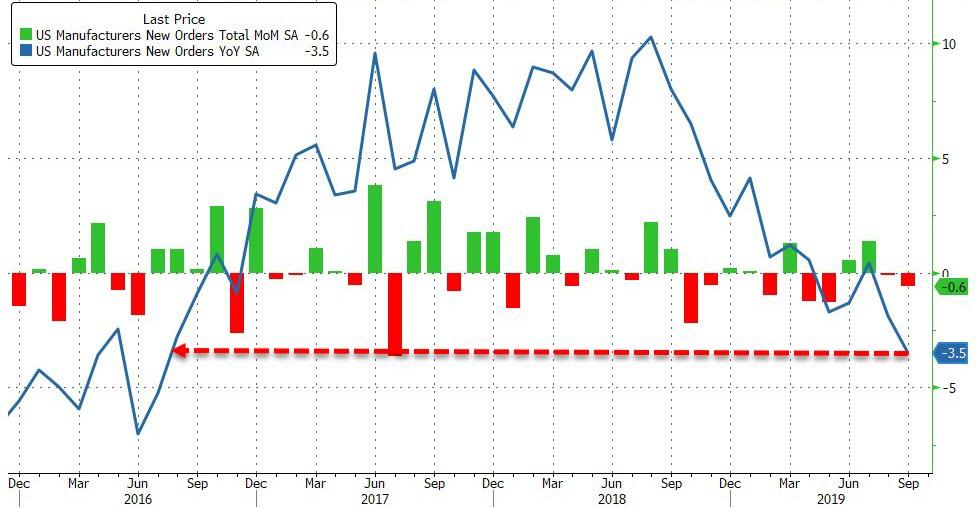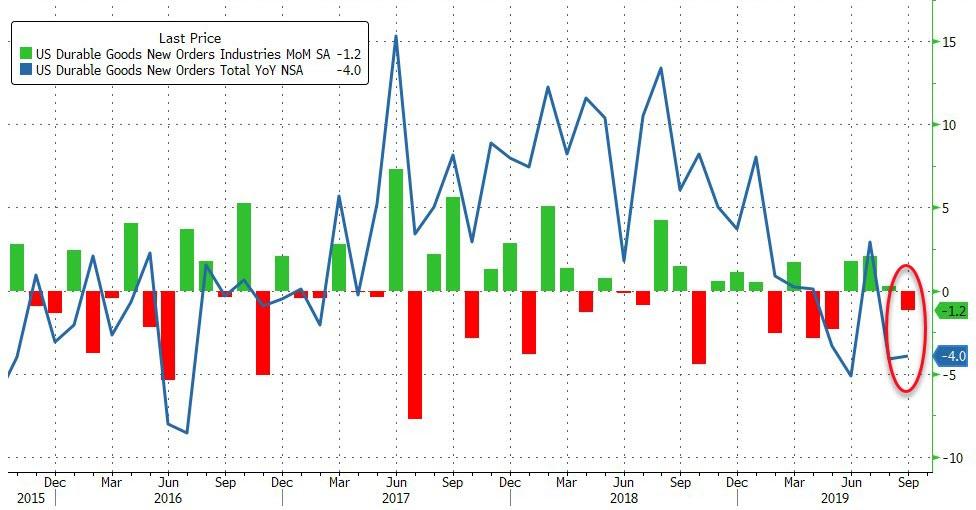Do Americans support the push to impeach President Donald Trump? Do they see the Democratic Party as embracing extremism in its frantic efforts to take control of the federal government?
It probably won’t surprise you to learn that citizens of these disunited states of America are deeply divided in their opinions of efforts to oust the president and of the ideological positioning of his main political opponents. They also don’t have high opinions of either of the main political parties. Then again, Americans like each other even less than ever when it comes to politics, agreeing only that their opponents are awful while sharing mutual glares.
It’ll be interesting to see whether the victors in next year’s election can begin to reconcile with the large numbers of fellow citizens who view them with outright hostility—or if they even try to make the effort.
Presidential impeachment draws 48.3 percent support in FiveThirtyEight’s average of polls on the issue, while opposition draws a close 44.1 percent. Unshockingly, in these tribal times, Democrats back efforts to oust the president to the tune of 83.8 percent, while only 10.9 percent of Republicans feel the same way. Independents split the difference at 44.6 percent.
Those sentiments were reflected in an initial House impeachment vote on Halloween, which saw no Republicans vote in favor of a resolution setting out rules for the impeachment process and only two Democrats break ranks to oppose the measure.
But disagreement isn’t confined to Democrats’ efforts to unseat the president—it also revolves around their party’s overall shift to the progressive left on issues ranging from health care to gun control to identity politics.
A whopping 47 percent of Americans surveyed by Quinnipiac University in October said the Democratic Party has moved “too far left.” By contrast, only 37 percent say the GOP has moved “too far right” even after the party’s much-publicized embrace of populism.
Not that Americans as a whole are huge fans of either of the legacy political parties. Both the Democratic and Republican parties draw higher negatives (51 percent for Republicans and 47 percent for Democrats) than positives (35 percent for Republicans and 41 percent for Democrats) in the Quinnipiac survey. And, yes, those numbers do break very starkly along partisan lines—with both parties viewed negatively by more independents than see them in a positive light.
The political polarization and hostility that has occupied pundits’ attention in recent years seems to be getting worse.
“Three years ago, Pew Research Center found that the 2016 presidential campaign was ‘unfolding against a backdrop of intense partisan division and animosity,'” Pew Research noted last month. “Today, the level of division and animosity – including negative sentiments among partisans toward the members of the opposing party – has only deepened.”
That divide, Pew emphasizes, extends well beyond views of specific politicians, policy preferences, or even over-arching economic systems. It involves complete alienation between the camps and dismissal of opponents’ basic decency.
“For example, 55% of Republicans say Democrats are ‘more immoral’ when compared with other Americans; 47% of Democrats say the same about Republicans,” Pew reports. “Majorities in both parties say those in the opposing party do not share their nonpolitical values and goals.”
That echoes language from a paper published earlier this year that found over 40 percent of Americans say the political opposition is “downright evil.” Against such evil opponents, “violence would be justified” if the opposing party wins the 2020 presidential election, according to 18 percent of Democrats and 13 percent of Republicans. Anticipating an election win increased support for violence among strong partisans.
With more than a year to go before the election, political antagonists are already throwing accusations of “treason” at one another, raising the question of where the rhetoric goes from here. It’s hard to see how the divisions don’t continue to deepen—and even harder to imagine election day victors building bridges and putting everything back together as if this was all just a game.
With the legacy political parties and the president (whose approval has never exceeded 50 percent) held in such low esteem by so many of the people over whom they wield power, it would seem a perfect time for alternative parties and candidates to enter the scene and try to capitalize on widespread discontent with the Democrats and Republicans.
The problem is that Americans have wedded themselves to their political tribal divisions—people may strongly dislike both legacy parties and the president, but all still retain large loyalist bases. And those loyalist bases hate each other as much as they despise the politicians of the opposing parties. They’re not looking for new political options—they want to emulate Arnold Schwarzenegger’s Conan and totally crush and humiliate their enemies.
The only possible bandage for that gaping political wound is to assures partisans that they won’t be subject to the whims of “immoral” and “downright evil” opponents. A promise that whoever wins will just let them alone might leave Americans still contemptuous of one another, but with less to fear from the victory of opponents. But for this to happen, politicians would have to stop talking about fundamentally transforming the country over dissenters’ protest and instead confine themselves to more modest goals. That’s asking a lot of the creatures vying for government office.
Failing an adoption of such limited political ambitions, we enter a high-stakes election year with a deeply divided country, hard feelings, mutual contempt, and choices that are guaranteed to leave whoever loses the election bitterly unhappy with the winners.

from Latest – Reason.com https://ift.tt/2POv5bt
via IFTTT

